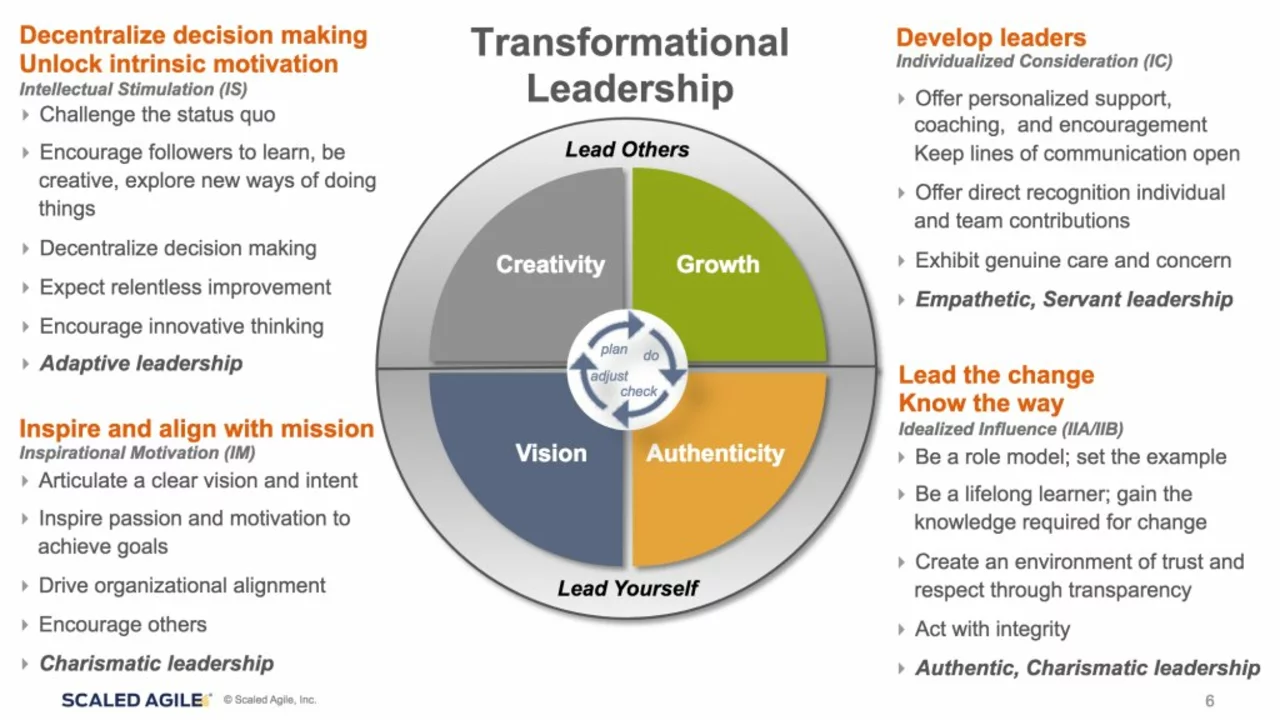Important Considerations for Students, Teachers and Parents
When you’re juggling schoolwork, exam dates, or planning a teaching strategy, a few core considerations can make the whole process smoother. Below we break down the most useful points you should keep in mind, whether you’re checking today’s auspicious timings, debating curriculum tweaks, or scouting online courses.
Timing and Planning
One practical tip is to align your study schedule with natural energy peaks. For instance, the September 14, 2025 panchang details a Brahm Muhurat from 04:29 am to 05:17 am and an Abhijeet window around noon. Those windows are traditionally seen as good for focused learning or creative work. Even if you don’t follow astrology, treating early mornings and post‑lunch periods as dedicated study blocks can boost retention.
Don’t forget the “Rahu Kaal” period (16:55 – 18:28 on that day) which many consider inauspicious for new tasks. In a secular sense, it’s often a slump time after a long day—so schedule lighter review or a break instead of heavy problem‑solving.
Curriculum and Quality
Understanding the link between education and curriculum is essential. A solid curriculum acts like a roadmap; it defines what students need to know and how they progress. When the curriculum matches real‑world skills—critical thinking, digital literacy, and collaboration—students get a more meaningful experience. Ask yourself: does the syllabus promote active problem solving, or is it just a list of facts?
Quality matters, but it’s not one‑size‑fits‑all. Some learners thrive in small‑class, personalized settings (think private schools, which now serve about 10% of US students), while others succeed in larger, diverse classrooms that expose them to varied perspectives. Evaluate quality by outcomes—graduation rates, college placement, or even how confidently students discuss topics—rather than just brand names.
Online education adds another layer. High‑quality platforms like Education Galaxy for K‑6 students blend interactive games with state standards, keeping kids engaged. When picking an online course, look for clear learning objectives, qualified instructors, and regular assessments that actually measure progress.
Financial and Policy Factors
Subsidizing higher education is a hot debate. Some argue that government funding waters down degree value, while others say it opens doors for more talent. The real consideration is the return on investment: does the program lead to better jobs or skills? Look at graduate salaries and employment rates rather than tuition tags alone.
Credit unions can sell loans similar to banks, but they usually prioritize member interests. If you’re financing education, compare loan terms from both types of institutions and factor in interest rates, repayment flexibility, and any member benefits.
Special Needs and Professional Growth
Special education isn’t an optional add‑on for teacher training; it’s a cornerstone. Knowing how to design Individualized Education Plans (IEPs) and navigate related laws ensures inclusive classrooms. Even a brief workshop on learning disabilities can transform how you manage a diverse group.
For education entrepreneurs, understanding market size (over 34,000 private schools in the US) and staying updated on trends, regulations, and technology is crucial. A solid business plan, clear value proposition, and strong network often separate successful ventures from the rest.
Finally, remember quotes like “If you think education is expensive, try ignorance.” They remind us that investing time and resources in learning pays off far beyond the price tag.
Keep these considerations in mind, and you’ll navigate exams, curriculum choices, and learning platforms with confidence. Whether you’re a student aiming for the next test, a teacher redesigning a lesson, or a parent guiding a child’s education path, practical, well‑thought‑out decisions make all the difference.

Should I get an education degree?
Deciding whether to pursue an education degree is a personal choice and depends on your career goals. If you're passionate about teaching and shaping young minds, an education degree can offer the necessary skills and credentials. However, it's essential to consider the financial investment and the potential return. Some may find the rewards of teaching outweigh the monetary aspects, while others may prefer a degree with a more direct financial payoff. Do your research, consider your passion and prospects, and make an informed decision.
Read More